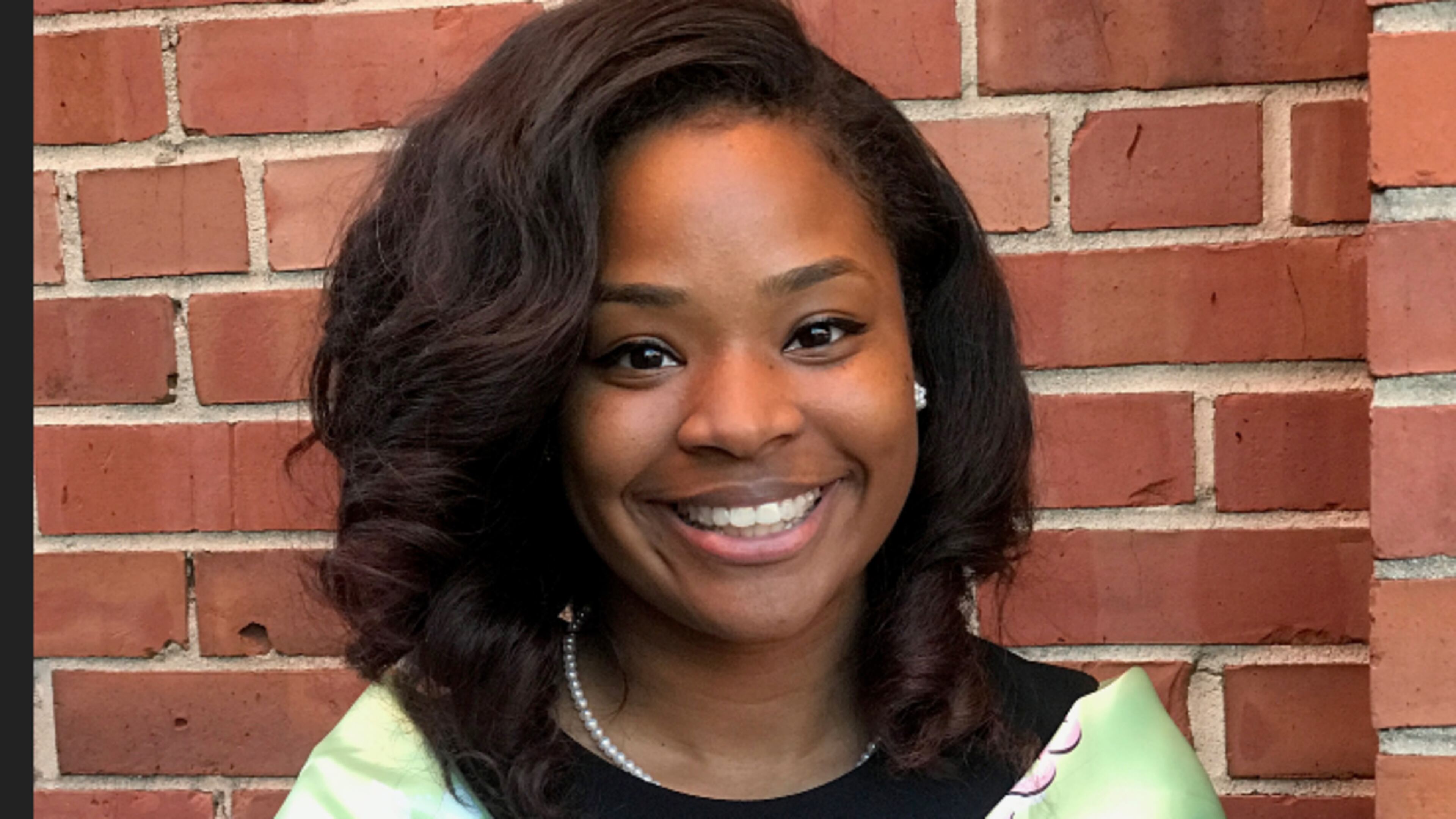Atlanta student’s world opens up in service

Civics lessons took on new meaning for an Atlanta student after she put them into practice.
Ila Wilborn’s experiences reflect findings of the 2018 Brown Center Report on American Education — which focused this year on civics, and which noted most classes are missing a key component.
Service.
Citizens need to do more than know how our communities and governments, from local to national, work (or how they are supposed to work, anyway.) They need to do something with what they learn. They need, the report says, a sense of civic duty (who talks about this anymore?) and concern for the welfare of others.
Getting this is critical for “broad participation is essential for a healthy, inclusive democracy,” the report notes, while also saying that civics classes ought to offer more chances to get involved.
According to the report: “It appears that civics education today still occurs, for many if not most students, through discussion rather than participation. But according to many experts, discussion alone is inadequate to provide students with the type of well-rounded civics education they need to prepare for lives as engaged and informed citizens.”
What difference does service make?
I asked Wilborn, a Chamblee Charter High School grad who is an up and coming senior at Florida Agricultural and Mechanical University. She was a typical teenager in high school, engaging in some outreach and help with her Atlanta church. But she has clocked over 200 hours of service in three years at FAMU.
She has helped register people to vote, worked hard in mentoring and helping freshmen make the adjustment to being on their own at college — from picking classes to figuring out how to turn microwaved Ramen noodles into something better tasting as opposed to just a plug for the hollow spot in a stomach.
Meeting and helping others from all over with different sets of needs, likes and backgrounds has opened her eyes. It’s been a humbling process, she said. It has made her aware of the privileges she grew up with.
“I never saw the side of people going to bed hungry and not having enough for books…of seeing people struggle,” she said. “It really hurt my heart.”
Wilburn, majoring in broadcast journalism, got other real world experience as a reporter this summer as one of six recipients of the 2018 Chevrolet Discover the Unexpected Journalism Fellowship. She traveled and reported stories in Atlanta and Virginia during her eight-week summer internship, learning more as she traveled and met others and told their stories.
In Tallahassee, she watched in awe as middle schoolers and high schoolers marched on the state Capitol after the Majory Stoneman Douglas High School shootings last spring.
“You would see the younger kids out there in the street, fighting for our rights,” she said. “I saw little kid walking out of their classrooms with their parents walking behind them. But (the children) were the ones with the signs. These kids were in middle school or elementary school.”
She saw the power that the movement of young citizens working with their parents make a difference.
The Florida legislature passed a bill that raises the age to buy a firearm from 18 to 21, requires a three-day waiting period for most purchases, and bans the sale or possession of “bump stocks,” which allow a semiautomatic rifle to fire like a fully automatic rifle.
Her advice now to younger students?
“I would say you are in a privileged space. It’s important that you not only focus on your studies, but you focus on the community around you.”
At some point the young generation is going to have the torch passed into their hands, or they’ll take it. Then the responsibility will be theirs, she said.
“We have to pick up that torch before it is dropped so that other people can get what we have gotten,” Wilborn said.
Civics 101. Wilborn gets an A.


